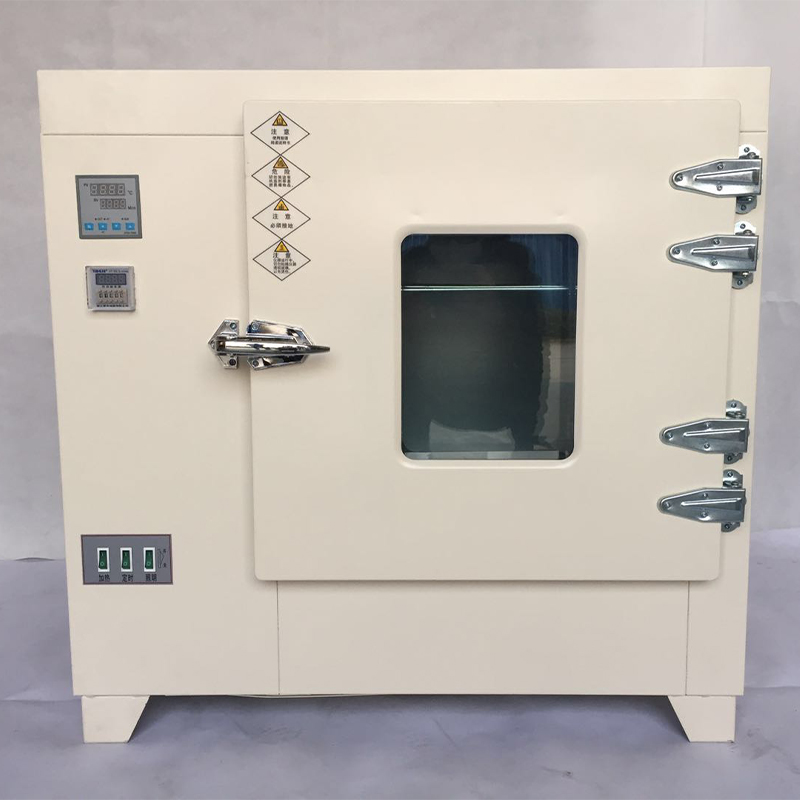Top Manufacturers of Resistance Measurement Equipment for Accurate Testing Solutions
An Overview of Resistance Measurement Machine Manufacturers
In the realm of electrical and electronic engineering, accurate measurements of resistance are crucial for ensuring the performance and reliability of components and systems. This is where resistance measurement machines play a pivotal role. These specialized devices are designed to measure the resistance of materials, components, and circuits, allowing manufacturers, engineers, and researchers to obtain critical data for their applications. The manufacturers of resistance measurement machines are integral to this process, providing various designs and technologies suited for different operational needs.
Importance of Resistance Measurement
Resistance is a fundamental electrical property that quantifies how much an object opposes the flow of electric current. The measurement of resistance is essential in several industries, ranging from electronics, aerospace, automotive, to construction. For instance, in electronics, resistance measurement ensures that components like resistors and capacitors function within their intended specifications. In the automotive industry, measuring the resistance of wiring and connections can prevent electrical failures that may lead to safety hazards.
Types of Resistance Measurement Machines
Resistance measurement machines come in various forms, each suited to specific applications. Some of the most common types include
1. Analog Multimeters These traditional devices measure resistance using a needle and scale representation. They are simple to use and favored in educational settings or by hobbyists for basic measurements.
2. Digital Multimeters (DMMs) These have largely replaced analog meters and offer more precision and ease of use. They can measure resistance, voltage, current, and often have additional features such as data logging and connectivity options.
3. Micro-ohmmeters Designed for very low resistance measurements (in the micro-ohm range), these are essential in industries where precision is critical, such as in the testing of cables and connectors for energy systems.
4. Four-Wire Resistance Measurement Devices These machines employ a four-wire method to eliminate the effect of lead resistance, ensuring high accuracy in low-resistance measurements. They are invaluable in laboratory settings where precision is paramount.
5. Resistance Bridges These analytical instruments are used for extremely accurate resistance measurements and are often employed in research and development settings.
Key Manufacturers in the Industry
resistance measurement machine manufacturers

The market for resistance measurement machines is filled with various manufacturers, each bringing unique expertise and innovations. Notable manufacturers include
- Keysight Technologies Renowned for its advanced electronic test and measurement equipment, Keysight offers a range of multimeters and precision measurement devices that cater to both fundamental and advanced testing requirements.
- Fluke Corporation A leader in portable electronic test tools, Fluke provides durable and reliable multimeters and micro-ohmmeters known for their ruggedness and precision, making them ideal for fieldwork.
- Tektronix Primarily known for their oscilloscopes, Tektronix manufactures precision measurement instruments that include resistance measurement capabilities, often geared towards research and industrial applications.
- Ametek Ametek's range of electronic instruments includes high-precision resistance measurement devices designed for rigorous testing environments.
- Omicron Electronics Specializing in power system testing, Omicron offers specialized devices for low-voltage resistance measurement and condition monitoring.
Trends and Innovations
In recent years, the resistance measurement machine manufacturing sector has witnessed significant advancements. The integration of IoT (Internet of Things) technologies allows for remote monitoring and data collection, facilitating enhanced data analysis and reporting. Furthermore, automation in resistance measurement processes increases efficiency and reduces human error.
With the growing emphasis on sustainable energy solutions, manufacturers are also focusing on developing machines that can perform high-accuracy measurements in applications related to renewable energy systems, such as solar panels and wind turbines.
Conclusion
Resistance measurement machines are vital tools in various fields requiring precise electrical measurements. As technology advances, manufacturers continue to innovate, ensuring that these instruments meet the evolving needs of industries. Understanding the types of machines available and recognizing key manufacturers can aid professionals in selecting the right tools for their specific resistance measurement requirements. The future looks promising for this industry, with ongoing improvements poised to enhance measurement accuracy, efficiency, and ease of use.
-
Why the Conductor Resistance Constant Temperature Measurement Machine Redefines Precision
NewsJun.20,2025
-
Reliable Testing Starts Here: Why the High Insulation Resistance Measuring Instrument Is a Must-Have
NewsJun.20,2025
-
Flexible Cable Flexing Test Equipment: The Precision Standard for Cable Durability and Performance Testing
NewsJun.20,2025
-
Digital Measurement Projector: Precision Visualization for Modern Manufacturing
NewsJun.20,2025
-
Computer Control Electronic Tensile Tester: Precision and Power for the Modern Metal Industry
NewsJun.20,2025
-
Cable Spark Tester: Your Ultimate Insulation Assurance for Wire and Cable Testing
NewsJun.20,2025
 Copyright © 2025 Hebei Fangyuan Instrument & Equipment Co.,Ltd. All Rights Reserved. Sitemap | Privacy Policy
Copyright © 2025 Hebei Fangyuan Instrument & Equipment Co.,Ltd. All Rights Reserved. Sitemap | Privacy Policy
